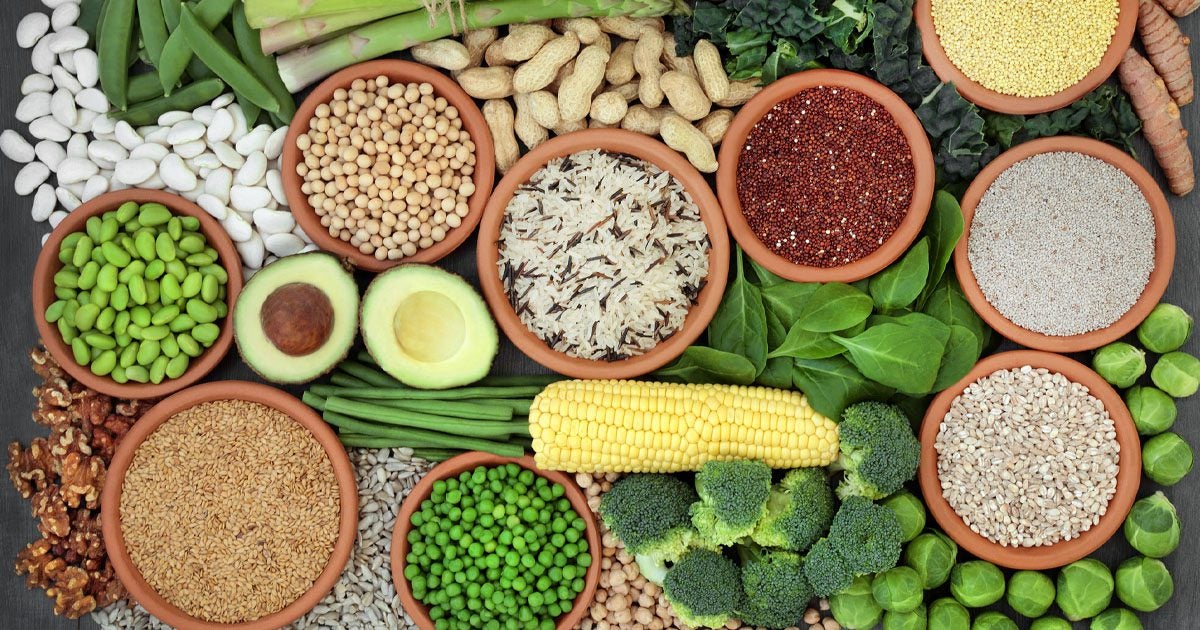The Forks Over Knives Diet Explained
The Forks Over Knives Diet was born out of the transformative power that whole-food, plant-based eating can have on health and well-being. It is centered on whole, unrefined, or minimally refined plant foods and excludes or minimizes meat, dairy products, eggs, and highly refined foods such as bleached flour, refined sugar, and oil. Read on for a list of whole foods to eat on a plant-based diet and those to minimize or avoid.
What it is: a world of plant foods
Here's a list of the plant-based food categories from which you'll eat, along with a few examples from each:
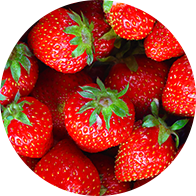
fruit
(bananas, blueberries, oranges, strawberries)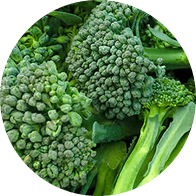
Vegetables
(broccoli, carrots, cauliflower, kale, lettuce)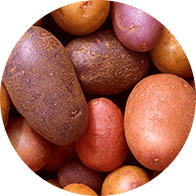
Tubers & starchy vegetables
(potatoes, corn, green peas, winter squash)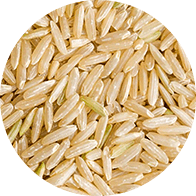
Whole grains
(barley, millet, oats, quinoa, wheat berries, brown rice)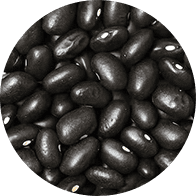
Legumes
(black beans, chickpeas, lentils, pinto beans)
What it isn’t: a diet of vegetables only
While leafy vegetables are an important part of a whole-food, plant-based diet, they don't contain enough calories to sustain you. Consider that you would need to eat almost 16 pounds of cooked kale to get 2,000 calories! Not eating enough calories leads to decreased energy levels, feelings of deprivation, cravings, and even binges. For tasty meal ideas, check out 41 Healthy Vegan Recipes That Are Totally Crave-Worthy.
Starch-based comfort foods and fruits take center stage
The center of your plate will be starch-based comfort foods that people around the world have thrived on for generations: Think potatoes, sweet potatoes, corn, peas, brown rice, quinoa, black beans, kidney beans, and chickpeas.
They may be prepared a bit differently—leaving out oil and dairy, for example—but most of these foods will be familiar. You’ll enjoy them in delicious dishes such as Sweet Potato Lasagna, Mashed Potatoes and Gravy, White Bean Burgers, Easy Thai Noodles, Shepherd’s Pot Pie, and Black Bean and Rice Burritos. In addition to starch-based foods, you can eat as much whole fruit as you like.
No more food math
One of the major advantages of the whole-food, plant-based diet is that you won’t need to count calories or practice portion control. Plant-based foods have a lot more bulk because they contain more fiber and water than foods that make up the standard American diet. This bulk takes up more space, so our stomachs end up stretching sufficiently to shut off hunger signals despite our having consumed fewer calories overall. As such, a whole-food, plant-based diet is the only way to eat to feel full while also consuming fewer calories.
No more eating for single nutrients: Focus on the “package”
No food is a single nutrient, and we should never think of foods in that way. What matters most is the overall nutrient profile. Whole plant foods contain all the essential nutrients (with the exception of vitamin B12) in proportions that are more consistent with human needs than animal-based or processed foods.
Why waste any of what we eat on inferior packages? As long as we choose a variety of whole, plant-based foods over time, we will easily meet our nutritional needs.
Even on this diet, people sometimes tend to worry about eating a certain type of green vegetable for calcium, beans for protein, nuts for fat, and so on. We ask you to let go of that kind of thinking. The most important thing in this lifestyle is to choose the whole plant foods you enjoy most!
To learn more about the benefits of whole-food, plant-based lifestyle, and how to make a successful transition, be sure to check out our helpful Beginner’s Guide.
Load Up On These
- Fruits(bananas, blueberries, oranges, strawberries)
- Vegetables(broccoli, carrots, cauliflower, kale, lettuce)
- Tubers & starchy vegetables(potatoes, corn, green peas, winter squash)
- Whole grains(barley, millet, oats, quinoa, wheat berries, brown rice)
- Legumes(black beans, chickpeas, lentils, pinto beans)
Enjoy in moderation
- Whole nuts & seeds, nut/seed butters(walnuts, pumpkin seeds, tahini, almond butter)
- Tofu & tempeh
- Whole-grain flours & breads
- Plant-based milks(rice, soy, oat, almond, cashew, hemp milks)
Avoid or minimize
- Meat, poultry & seafood
- Eggs
- Dairy products
- Refined sweeteners
- Oils
- Bleached flours, white bread & white pasta
- White rice
Frequently Asked Questions
MASTER THE ART OF PLANT-BASED COOKING.
The Forks Over Knives online cooking course helps you learn new techniques, flavors, and styles for cooking delicious plant-based, oil-free meals at home.
